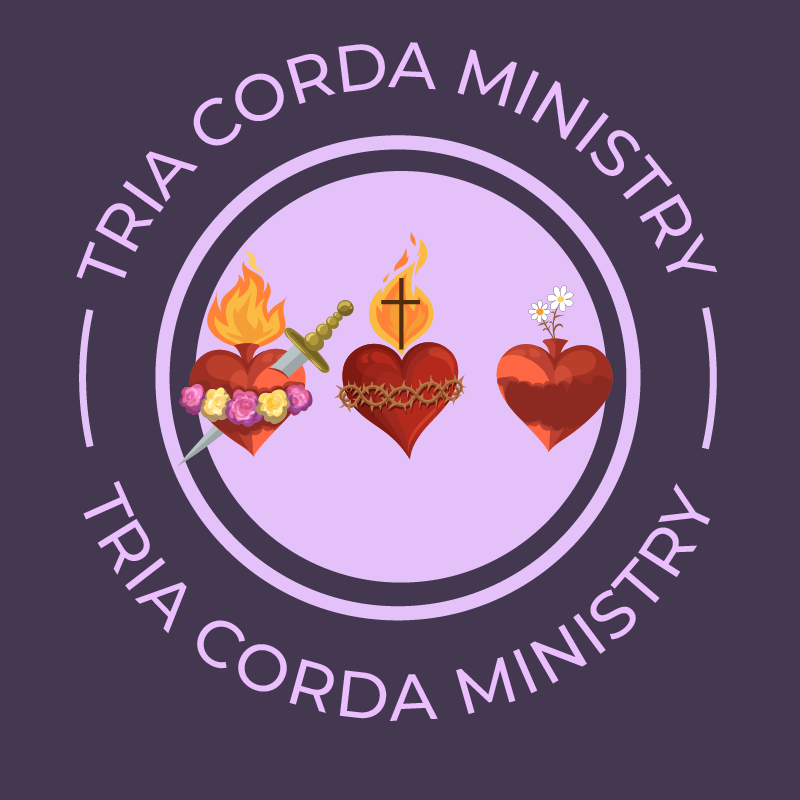Blessed Elizabeth Canori Mora was born into a noble, wealthy Roman family. At 21, she married Christoforo, a well-known lawyer in Rome.
The couple had four children in their first five years of marriage, but only two survived infancy.
On top of all of that, Christoforo was jealous of his wife, became controlling, kept her parents from visiting, and became abusive. Additionally, he began having an affair. He lavished his mistress with gifts, squandering the family’s fortune. Elizabeth had to sell her jewelry and clothes to provide for herself and her daughters.
Despite the troubles in her marriage, Elizabeth took great care of her daughters, prayed often, and cared for the poor and sick, especially those from other troubled families. She also constantly prayed for her husband’s conversion.
Elizabeth’s spiritual director urged her to separate from Christoforo, but Elizabeth refused. She saw him as a cross God had given her for her salvation, and she longed to be united to him through Jesus.
At the age of 29, Elizabeth began to have mystical experiences. She was granted the stigmata and received prophecies about the battle between good and evil. People began to learn about her spiritual gifts and would seek out her spiritual advice.
More troubles in the family brewed. Because of the financial straits he had put himself in, Christoforo stole a massive sum of money from his father. His father discovered the theft and suffered a stroke in shock. Through Elizabeth’s intercession, God healed him.
Elizabeth’s sister-in-law and mother-in-law became concerned for Elizabeth. They went to the Church authorities to urge them to reprimand Christoforo for his behavior. The Cardinal Vicar of Rome invited Christoforo to a convent to talk to him, but when Christoforo found out that his family was behind, he became furious. He pulled out a knife to strike Elizabeth, but he became overcome with fear and fell to his knees, begging for forgiveness, saving Elizabeth from harm.
Eventually, because of her mystical experiences and love for her husband, Elizabeth felt called to offer herself as a victim soul to God for the intentions of the Pope, Rome, and her husband’s conversion.
When he heard that Elizabeth was dying, Christoforo tried to get to her side before her death, but it was too late. He wept when he saw her body and repented for how he had treated her. God answered Elizabeth’s prayers, and twenty years later, Christoforo died as a priest.
Lessons From Blessed Elizabeth Canori Mora
This page may contain affiliate links. As an Amazon Associate I earn from qualifying purchases, at no extra cost to you. Thank you for your support of Tria Corda Ministry!
When learning from Blessed Elizabeth Canori Mora, it is essential to note that we should not take her story as telling women in abusive marriages to remain in the home despite threats to their safety. Elizabeth’s priest and family urged her to separate, but because of her unique vocation to mysticism and to be a victim soul, she did not listen to their counsel. Still, we can learn much from her.
Elizabeth was a practitioner of radical hope, a concept from Dr. Ashley Theuring’s book Fragile Resurrection. In this book, Dr. Theuring examines the original ending of Mark’s Gospel, in which the women find the empty tomb.
Theuring emphasizes that the women had experienced trauma when they witnessed Jesus’ death. Three days later, they were still grieving and doubting, but out of obligation to Jesus as his family, they risked their lives to care for His body.
They took something ordinary (the Jewish woman’s responsibility to care for a family member’s dead body) and used it to take back control and undo the trauma. By going to care for the body of someone executed as a criminal, they broke Roman law to go clean up the body of Jesus after His executioners had damaged it. Theuring calls this a practice of radical hope.
Practices of radical hope involve imagining a new life after trauma and taking steps to make it a reality through everyday actions, such as fulfilling obligations.
Theuring then applies this concept of radical hope to the survivors of domestic violence that she worked with. She noticed that many women who had had to flee their homes to find safety became very invested in their mothering. This parenting was ordinary, but it became a practice of hope, where they worked to build a new future of safety and empowerment after trauma by investing in their kids.
Elizabeth practiced radical hope while she was in the middle of her abusive marriage through her investment in her daughters and caring for other hurting families. She knew Christoforo had treated her wrongly, but amid that hurt, she sought, with the Lord’s help, to create something beautiful through ordinary actions.
May Blessed Elizabeth Canori Mora intercede for all who have faced trauma and inspire them to live out radical hope.
To learn more about saints who faced trauma, visit this page.

